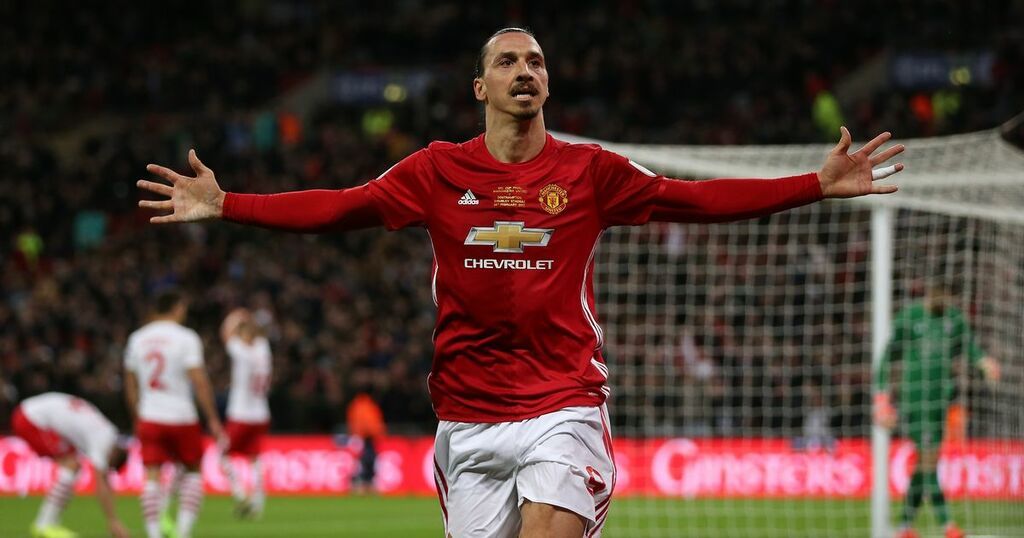From the hallowed turf where he routinely defied physics and expectations, Zlatan Ibrahimovic has transitioned to the less theatrical, yet equally demanding, arena of strategic leadership. Now a Senior Advisor for RedBird and AC Milan management, the footballing titan brings his inimitable blend of charisma, pragmatism, and unvarnished honesty to the executive suite. The question on many minds: can a man synonymous with individual brilliance adapt to the nuanced world of corporate decision-making? Zlatan, predictably, has thoughts.
The Fixture Frenzy: A Player`s Demand, An Advisor`s Dilemma
One of the most persistent debates in modern football revolves around the ever-increasing number of matches. Players, pundits, and fans alike frequently lament the exhaustive schedules, citing burnout and injury risks. Zlatan, however, offers a refreshingly contrarian view, albeit one tempered by his new responsibilities.
«I wanted to play as much as possible,» he declared, reflecting on his playing days. «When there are fewer games, people want more matches, while when there are many, people complain about too many games.»
His player`s hunger for competition clashes with the current administrative challenge. Yet, his perspective as an advisor quickly shifts to practicality: more matches can be positive, provided player welfare is prioritized through intelligent scheduling and optimal squad rotation. With modern clubs often boasting a roster of 25 or more, utilizing this depth becomes paramount. The new Champions League format, with its promise of more high-stakes encounters, he sees not as a burden, but as a «fantastic idea» – a nod to fan demand and, perhaps, the unquenchable competitive spirit that defined his career. His confidence in the current standards of training and preparation suggests a belief that players can indeed manage the workload, given the right support structures.
The Adrenaline Gap: Life Beyond the Pitch
Perhaps the most poignant insight from Zlatan`s new chapter is the candid admission of a void. The roar of the crowd, the thrill of the goal, the visceral rush of competition – these are potent stimulants. «I honestly don`t feel the same adrenaline,» he confessed, explaining his daily trips to the gym. It`s an almost ironic concession from a man who once seemed to run on pure, unadulterated self-belief and athletic prowess. This personal adjustment highlights a common struggle for elite athletes post-retirement, a testament to the unique high of professional sport.
His new role, however, offers a different kind of challenge, a mental rather than physical one. «For me, it`s a new way of seeing things because as a footballer, I thought: `Why can`t we do this? Why can`t we do that?` Now, from the other side of the table, I understand everything and I`m more realistic.» This pivot from idealistic player to pragmatic executive is a critical evolution, demanding a broader perspective and an acceptance of limitations that the unyielding competitor in him once refused to acknowledge.
The Recipe for Success (Zlatan Style)
When it comes to building a winning season, Zlatan`s advice is predictably direct. Early season performance sets the stage, but the true test of mettle arrives in January and February, demanding unwavering focus. Luck, he admits, plays a role, but it`s not the sole arbiter of destiny. His reflection on the elusive Champions League trophy, a personal missing piece, was delivered with characteristic Zlatan flair:
«People remember me more than 90% of the players who won it.»
A statement that, while undeniably boastful, carries a kernel of truth about his enduring impact on the sport. He even offered a characteristic chuckle when reflecting on the Champions League – a trophy that famously eluded his personal grasp – yet noted his contentment for clubs he`s been part of, acknowledging the even greater challenge of sustained success once an initial victory is achieved.
World Cup Wisdom and Unexpected Allegiances
Even in his advisory capacity, Zlatan remains an interested observer of the global game. With Sweden not qualifying for the World Cup, his loyalties shifted to a somewhat unexpected quarter. In a testament to personal bonds over national allegiances, his World Cup focus surprisingly swayed towards Brazil, largely due to his admiration for friend and coaching maestro Carlo Ancelotti. He expressed a hope that «everything he touches» – even the mighty Seleção – would turn to gold, showcasing a mix of personal admiration and a keen eye for tactical brilliance.
Zlatan Ibrahimovic`s transition marks more than just a change of career; it`s an evolution of an icon. He brings the same sharp wit, strategic mind, and unyielding belief that defined his playing career to the boardroom. While the adrenaline of the pitch may have faded, his voice in football remains as distinctive and impactful as ever, offering a unique blend of player empathy and executive realism. The lion, it seems, has found a new jungle to roam, and the football world is all the more interesting for it.

